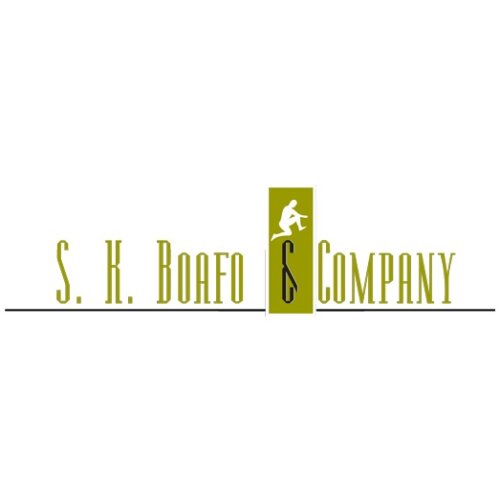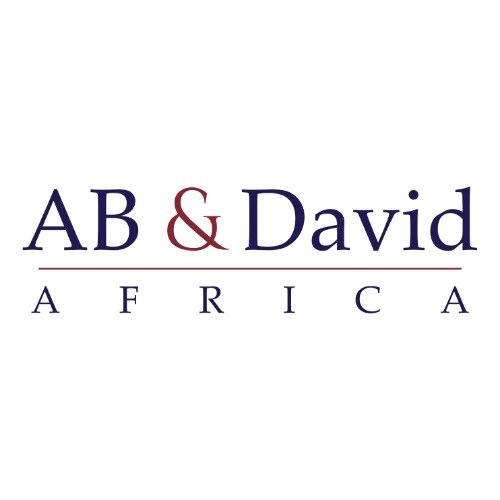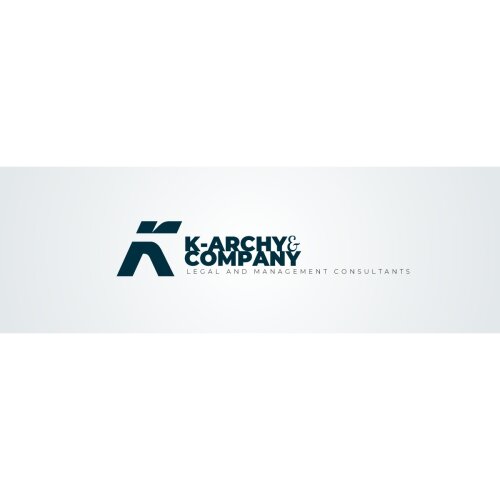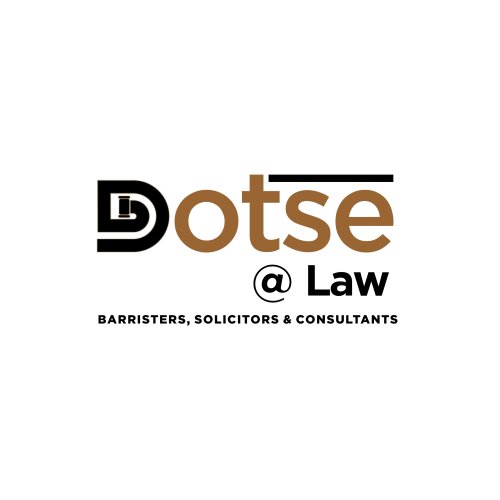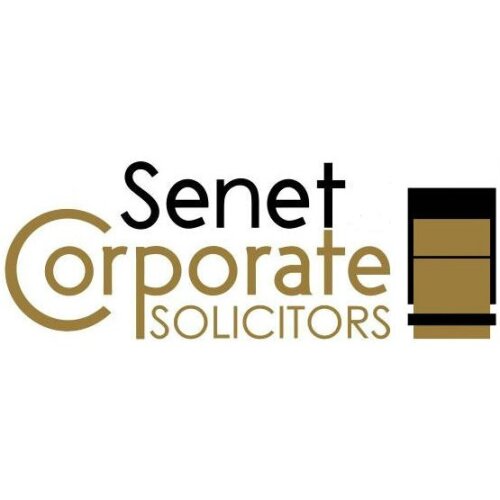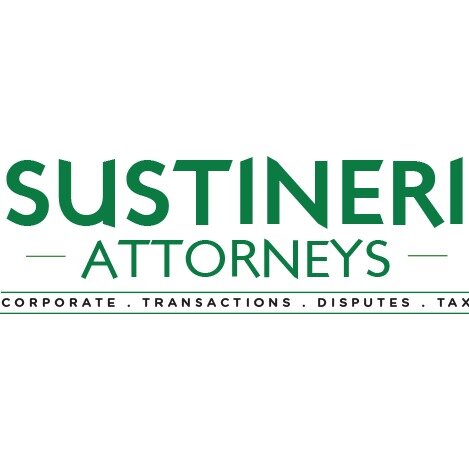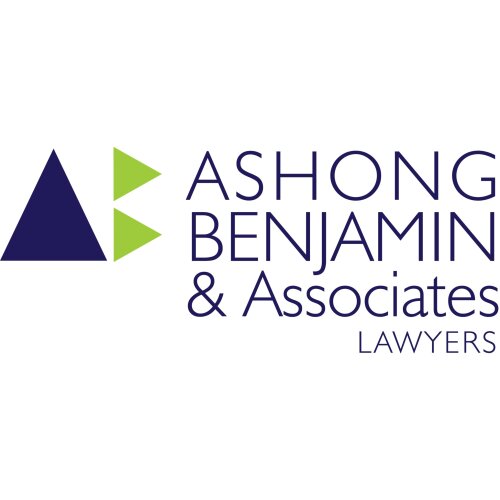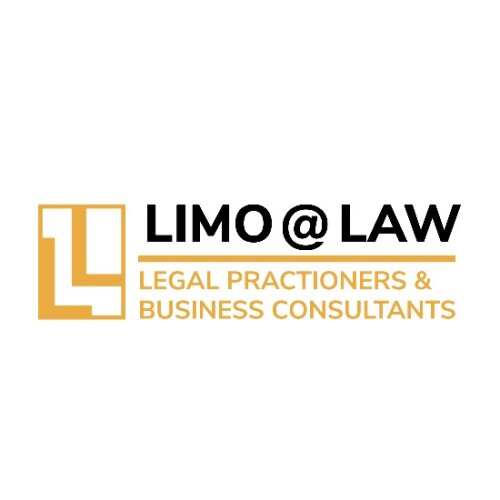Best Restructuring & Insolvency Lawyers in Ghana
Share your needs with us, get contacted by law firms.
Free. Takes 2 min.
Or refine your search by selecting a city:
List of the best lawyers in Ghana
About Restructuring & Insolvency Law in Ghana
Restructuring and insolvency law in Ghana provides a legal framework for dealing with financially distressed businesses and individuals. The goal is to offer solutions for businesses that are unable to meet their financial obligations, whether through formal liquidation, restructuring, or recovery processes. Ghana's approach aims to balance the interests of creditors and debtors, minimize the loss of asset value, protect jobs, and promote entrepreneurship by giving honest debtors a fresh start. The Corporate Insolvency and Restructuring Act, 2020 (Act 1015) is the main statute governing these matters, replacing older laws and bringing Ghana's legal regime in line with international best practices.
Why You May Need a Lawyer
Legal advice is essential in restructuring and insolvency situations because the processes can be complex and have significant financial, legal, and reputational consequences. You may require a lawyer if:
- You own or manage a company facing financial distress and want to explore restructuring or reorganization options.
- You are a creditor trying to recover debts from an insolvent debtor.
- You are a director or shareholder concerned about your legal duties and potential liabilities in an insolvency situation.
- You want to understand the legal risks and consequences of liquidation, receivership, or administration processes.
- You need to negotiate or renegotiate terms with creditors, lenders, or suppliers.
- You are an employee or stakeholder affected by an insolvency proceeding who wants to know your rights.
With proper legal guidance, you can navigate the process efficiently, protect your interests, and comply with all statutory requirements.
Local Laws Overview
The key legislation governing restructuring and insolvency in Ghana is the Corporate Insolvency and Restructuring Act, 2020 (Act 1015). This Act introduces modern procedures including administration, company voluntary arrangements, and reforms to receivership and liquidation processes. Important aspects of Ghanaian insolvency law include:
- Administration: A formal process where an independent insolvency practitioner (administrator) is appointed to oversee the company, aiming to rescue the business, achieve a better outcome for creditors, or realize assets.
- Receivership: A receiver may be appointed by secured creditors to realize assets charged as security for debts.
- Liquidation (Winding Up): This process results in the company’s dissolution and the distribution of its assets to creditors and shareholders.
- Company Voluntary Arrangements: Companies can propose agreements to creditors for payment of debts over time or partial forgiveness, subject to approval.
- Duties of Directors: Directors have heightened responsibilities once a company is financially distressed. They must act in the company’s best interest and may be held liable for wrongful or fraudulent trading.
- Personal Insolvency: Though the focus is on companies, the law also includes provisions for individuals facing insolvency, including formal bankruptcy procedures.
- Cross-Border Insolvency: The Act adopts certain aspects of the UNCITRAL Model Law, assisting cases involving foreign creditors or operations across jurisdictions.
Regulatory oversight is mainly provided by the Registrar of Companies and the Office of the Registrar of Companies supervises insolvency practitioners and ensures compliance with the law.
Frequently Asked Questions
What is the difference between restructuring and insolvency?
Restructuring involves reorganizing a company’s finances or operations to improve viability and avoid insolvency. Insolvency refers to the inability to pay debts as they become due, often resulting in formal legal processes like liquidation or administration.
What is administration, and when is it used?
Administration is a process where an independent practitioner is appointed to oversee a distressed company. It aims to rescue the company or achieve better results for creditors than immediate liquidation. It is used when a company is at risk of insolvency or already insolvent.
Can a company avoid liquidation in Ghana?
Yes, under the Corporate Insolvency and Restructuring Act, 2020, companies can use restructuring mechanisms, such as administration or voluntary arrangements, to negotiate with creditors and possibly avoid liquidation.
What roles do creditors play in the insolvency process?
Creditors play a crucial role by voting on proposals, suggesting or appointing administrators, and participating in creditor meetings. Secured creditors have special rights to appoint receivers over charged assets.
Are directors personally liable for company debts?
Generally, directors are not personally liable unless they engage in wrongful or fraudulent trading, or breach specific legal duties. Personal guarantees and certain types of misconduct can result in personal liability.
How are employees affected during insolvency?
Employees’ claims for unpaid wages, redundancy payments, and other entitlements are given priority in the distribution of assets. Some contracts of employment may be terminated, but employees may be eligible for compensation.
How long does insolvency or restructuring take in Ghana?
The length varies depending on the complexity of the case, the chosen process (administration, liquidation, etc.), and cooperation among stakeholders. Some processes may take several months to years.
Is personal bankruptcy possible in Ghana?
Yes, individuals can be declared bankrupt through court processes where debts significantly exceed assets. The law provides for debt relief and orderly distribution of the debtor’s assets.
How is cross-border insolvency handled?
Ghana’s laws enable recognition of foreign insolvency proceedings and cooperation with foreign courts, especially under the UNCITRAL Model Law provisions in the Act. This is important for companies with assets or creditors in multiple countries.
Who regulates insolvency practitioners in Ghana?
The Office of the Registrar of Companies is responsible for licensing, supervising, and regulating insolvency practitioners. Only qualified and licensed individuals can act as administrators, receivers, or liquidators under the law.
Additional Resources
For more information or specialized support regarding restructuring and insolvency in Ghana, consider contacting the following organizations:
- Office of the Registrar of Companies: Supervises corporate and insolvency matters, including registration of practitioners and oversight of proceedings.
- Ghana Association of Restructuring and Insolvency Advisors (GARIA): Professional body for insolvency practitioners offering guidance and standards.
- Ghana Bar Association: Provides a directory of qualified legal professionals specializing in insolvency law.
- Commercial Division of the High Court: Handles corporate insolvency cases and can provide procedural information.
- Ministry of Justice and Attorney General’s Department: Offers policy and legislative information on business law reforms.
Next Steps
If you believe you or your business may be facing financial difficulties, or you are involved in a situation where restructuring or insolvency processes may apply, consider these steps:
- Consult with a qualified lawyer experienced in restructuring and insolvency law in Ghana as early as possible.
- Gather all relevant financial documents, contracts, and correspondence relating to your business or debt situation.
- Contact the Office of the Registrar of Companies or speak with licensed insolvency practitioners for initial guidance.
- Identify potential options for restructuring, recovery, or voluntary arrangements before insolvency becomes unavoidable.
- Engage in open communication with creditors, employees, and other stakeholders to explain the situation and explore options.
Moving promptly and with professional advice is crucial to protecting your interests and finding the best resolution, whether that is recovery, restructuring, or an orderly exit.
Lawzana helps you find the best lawyers and law firms in Ghana through a curated and pre-screened list of qualified legal professionals. Our platform offers rankings and detailed profiles of attorneys and law firms, allowing you to compare based on practice areas, including Restructuring & Insolvency, experience, and client feedback.
Each profile includes a description of the firm's areas of practice, client reviews, team members and partners, year of establishment, spoken languages, office locations, contact information, social media presence, and any published articles or resources. Most firms on our platform speak English and are experienced in both local and international legal matters.
Get a quote from top-rated law firms in Ghana — quickly, securely, and without unnecessary hassle.
Disclaimer:
The information provided on this page is for general informational purposes only and does not constitute legal advice. While we strive to ensure the accuracy and relevance of the content, legal information may change over time, and interpretations of the law can vary. You should always consult with a qualified legal professional for advice specific to your situation.
We disclaim all liability for actions taken or not taken based on the content of this page. If you believe any information is incorrect or outdated, please contact us, and we will review and update it where appropriate.
Browse restructuring & insolvency law firms by city in Ghana
Refine your search by selecting a city.



